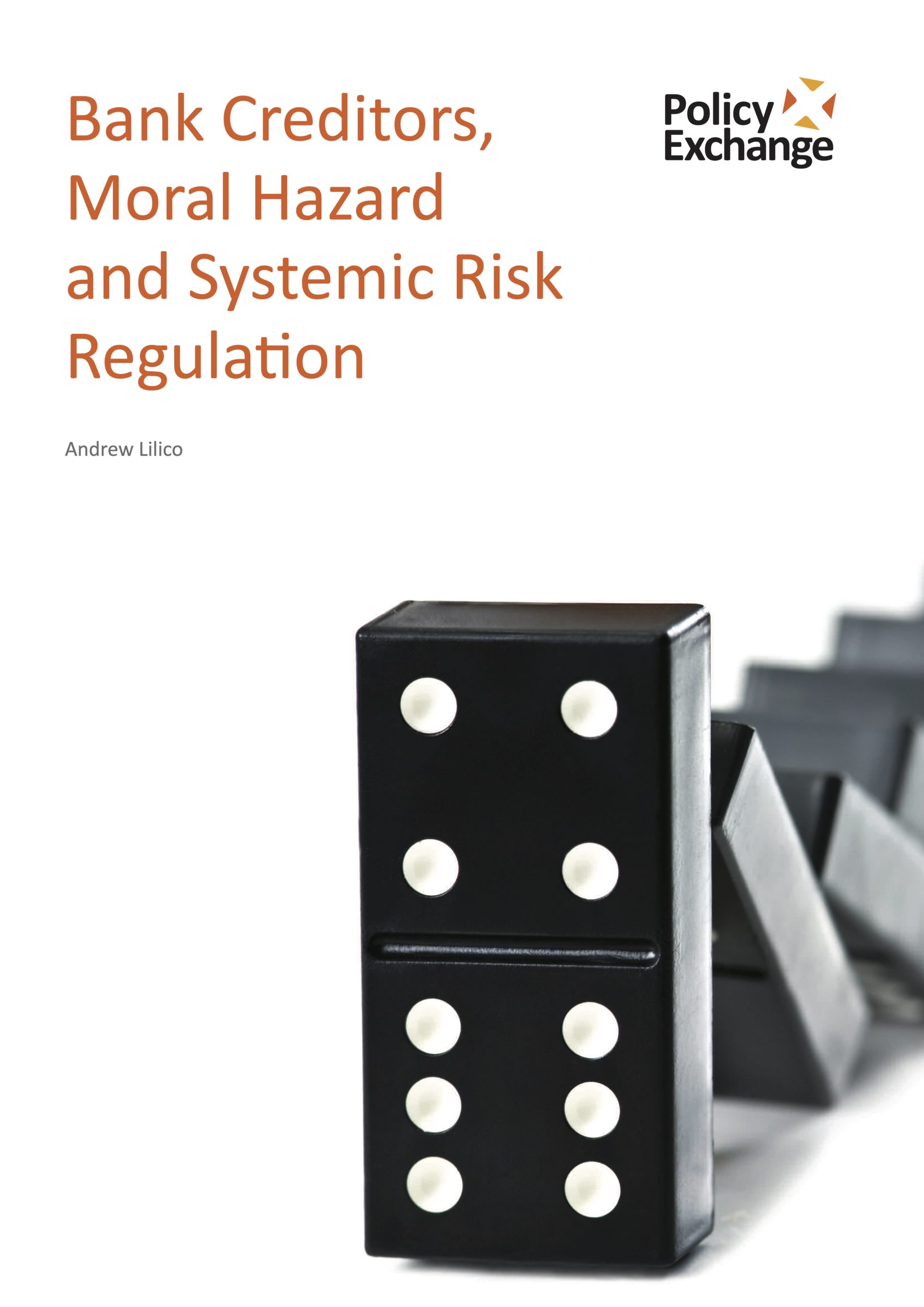
Bank Creditors, Moral Hazard and Systemic Risk Regulation
Bank Creditors, Moral Hazard and Systemic Risk Regulation argues that there should be a semi-automatic procedure to recapitalise troubled banks whereby bank bonds are converted into equity.
This report considers the economic and ethical perils of state guarantees for the creditors of banks. It argues that such guarantees mean that (relative to what would otherwise have been the case):
- There will be a higher proportion of bonds in the capital structure;
- Capital buffers will fall, and the riskiness of bank balance sheets will rise;
- Liquidity ratios will fall;
- Remuneration schemes will involve more risk-taking; and
- The balance sheet of the banking sector will rise, potentially to the point at which it starts to materially raise the risk of sovereign default.
In addition, state guarantees of bank creditors threaten the ethical foundations of capitalism, making it a system in which the poor pay taxes so that the system can keep the rich rich, regardless of how foolish, lazy, or unlucky the loans they have made might be.
Both for reasons of ethics and of economic efficiency, we urgently need to devise mechanisms whereby those that lend money to banks can be forced to lose some of that money if the banks go bust.

